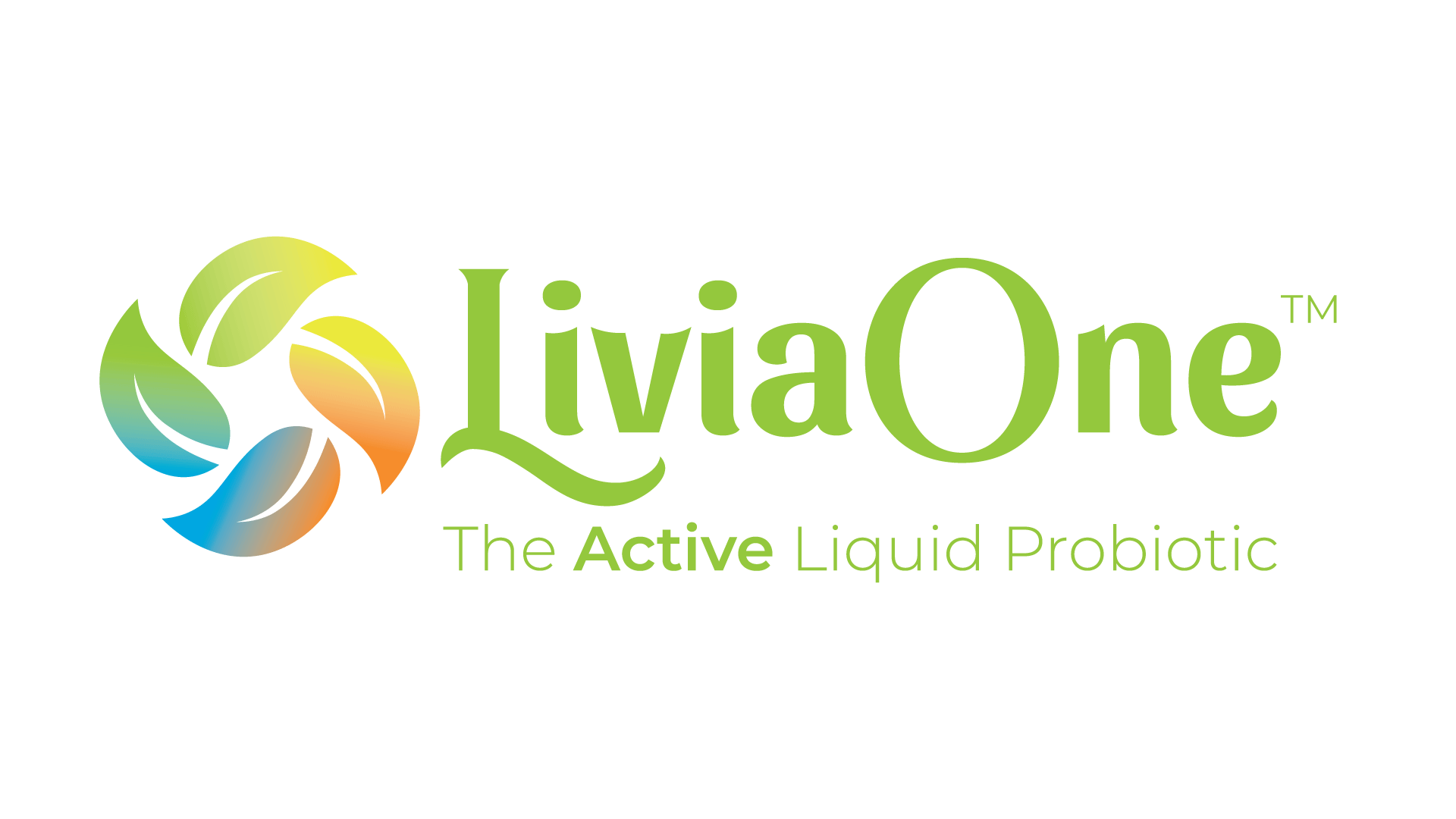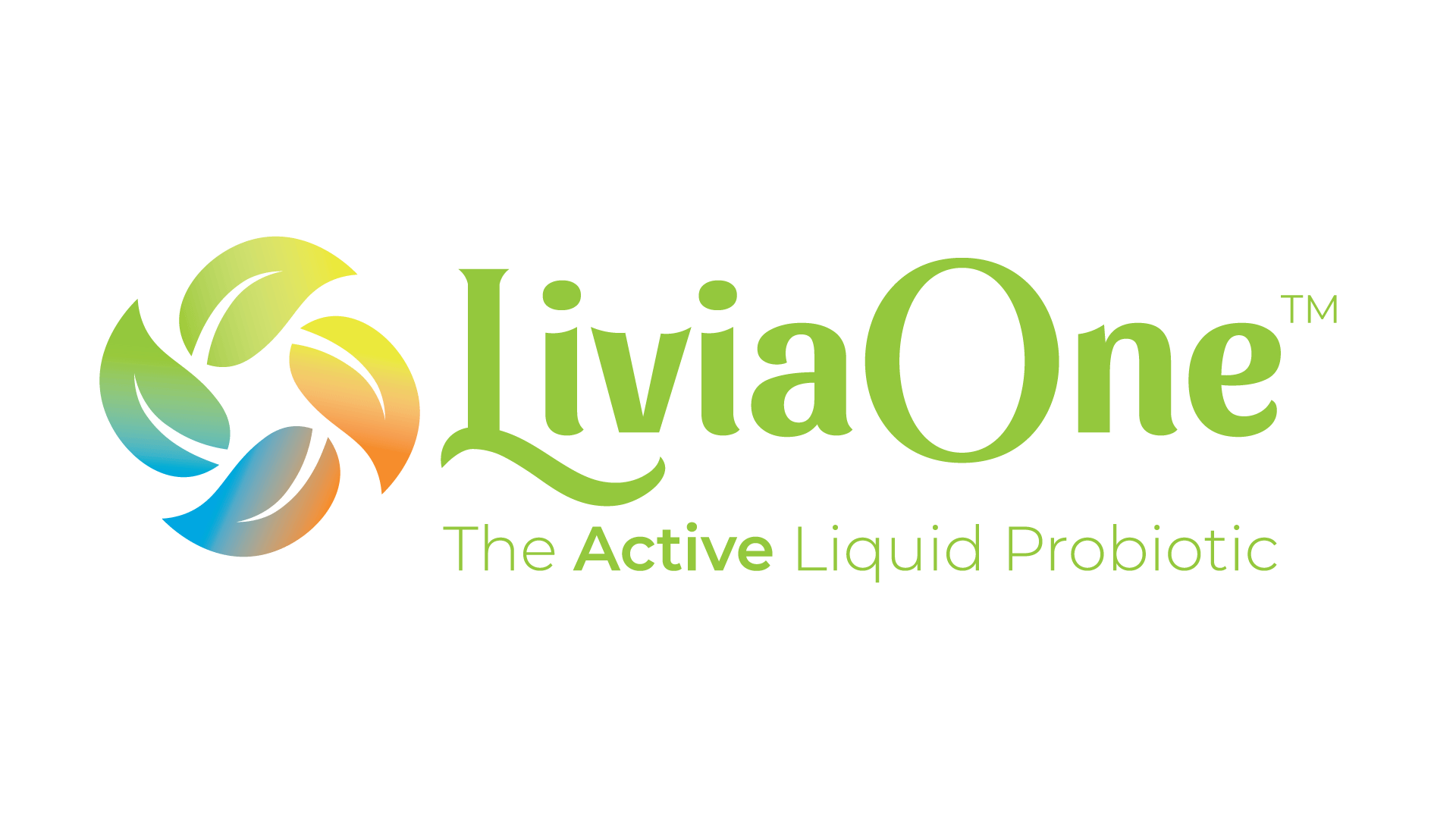Lactobacillus
The human gastrointestinal tract, or GI tract, is like a food-processing factory. If you picture the inner workings of your body like an assembly line, then the helpful bacteria act as the workers in this factory. Your body's intestinal microflora include probiotic bacteria such as Lactobacillus Bulgaricus and Lactobacillus Acidophilus, which often work as a team to take in raw materials, both helping to sort the useful versus harmful substances that you eat. Lactobacillus also serves your internal digestive factory as an agent that converts lactose to lactase, competes with harmful bacteria for nutrients, and produces as a byproduct some helpful antibacterial substances that promote a healthy environment for the GI tract. If Lactobacillus populations within your gut are present at suboptimal levels, a probiotic supplement is beneficial to beef up the labor pool and sorting of nutrients versus toxins in your "internal factory."
Many studies have teamed multiple strains of Lactobacillus together to administer a probiotic supplement which appears to have beneficial toxin-fighting effects in humans and animals. Microbial members of the Lactobacillus group are typically present in natural yogurt and fermented dairy products. Some studies of Lactobacillus have additionally sought out non-dairy sources of Lactobacillus. Our company's Lactobacillus probiotic supplement uses a non-dairy source that reduces any potential for milk-related allergies. Our own laboratory studies of dosing levels and reactions to the Lactobacillus supplement have indicated that the supplement form is far superior, better tolerated, and more effective than simply adding yogurt to the diet. For lactose intolerant customers, we take the guesswork out of which product might produce a dairy-related allergy. In this way, the many benefits of Lactobacillus can be fortified and strengthened by adding it to your diet as a supplement without ingesting dairy products.
In the March 2005 issue of "American Journal of Physiology," Fergus Shanahan reports that the intestinal flora is a positive asset to a host's immune system defense. He describes strategies to enhance assets or offset microbial liabilities and shows how these options represent therapeutic possibilities. He discusses a justifiable rationale for manipulation of the flora involved in irritable bowel syndrome. Shanahan suggests that the the diversity of messages or signals sent between the cells and microbes of the human gut presents an untapped reservoir of potential future therapies. Analysis of signaling and natural regulatory functions among the flora and host epithelium, lymphoid tissue, and neuromuscular apparatus is a field of study that is quickly gaining ground in medical journals. To quote this study directly, Shanahan concludes that:
... the capacity to engineer food-grade or commensal bacteria to deliver therapeutic molecules to the intestinal mucosa promises to extend the scope of microbial manipulation for the benefit of mankind.
Robin Spiller noted in 2005 that irritable bowel syndrome or IBS can go into remission spontaneously, implying that a cure is possible. Several predictors of good prognosis are analyzed in this study. She reports that possible disease-modifying treatments with long-lasting effects include probiotics, which may have a benefit in altering bacterial microflora and as anti-inflammatory agents.
In their study of GI infections for the British Journal of Nutrition, Gibson and McCartney study whether or not probiotics can elicit inhibitory effects against pathogens. They conclude that an increase in certain microflora does prove effective at repressing the spread of infectious agents when they enter the GI tract. In this study, they recommend a fortification of Lactobacillus microbes by the use of prebiotics or probiotics for improved protection. They cite a number of potential mechanisms for Lactobacillus bacteria to reduce intestinal infections. Firstly, metabolic end products such as acids excreted by these micro-organisms may lower the gut pH (i.e., increase acidity) to levels at which pathogens cannot compete. Also, many lactobacilli species are able to excrete natural antibiotics, which can have a broad spectrum of activity. Other helpful probiotic mechanisms include an improved immune stimulation, competition for nutrients, and blocking of pathogen adhesion sites in the gut.
Many intestinal pathogens like E coli and salmonellae use receptor sites in the gut to establish themselves. Then these toxins can cause gastroenteritis through their invasive properties. One way that prebiotics and probiotics appear to work, according to the British study, is by simulating such receptor sites in the human GI tract, at the microscopic level. Through the action of Lactobacilli probiotics, pathogens appear to be "decoyed" into not binding to the host's intestinal mucosa.
The British study cited above calls to mind the parallel of the assembly line in the body's internal factory. Lactobacillus microflora appear to grab (or attract) and sort toxins, guiding them away from the lining of the GI tract by use of the decoy action described in the Gibson and McCartney study. The British study also concludes that the combined effects of probiotics on intestinal microflora, as well as their unique anti-adhesive strategies, may lead to new dietary interventions against toxins.
In the publication "Proceeding of the Nutrition Society," Elizabeth Furrie points out that allergies are caused by an immune reaction that is out of proportion to other functions in the digestive system. The physiological outcome is inflammation commonly displayed by rhinitis, skin irritation, vomiting, and diarrhea, depending on the route of allergen entry. In extreme reactions, anaphylactic shock can result from allergies. Chronic allergic responses most commonly present themselves as asthma and eczema. All these symptoms are the consequence of an imbalanced immune system making an unsuitable response to an environmental or food antigen. In this study, a harmful reduction of GI tract microflora is seen more frequently among bottle-fed infants and children, in comparison to breast-fed babies. Furrie found that the use of probiotic therapy to boost intestinal microflora and prevent allergic disease has been demonstrated in two studies using a probiotic Lactobacillus combination in infants. A long-term reduction in allergy has been shown in the test group, with various Lactobacillus strains reducing the incidence of atopic eczema. Management of allergy through probiotics has also been demonstrated in infants, using Lactobacillus strains to control atopic eczema and cow's milk allergy.
In their 2005 study, Szajewska and Mrukowics found that probiotics, defined as microbial cell preparations or components of microbial cells, do have a beneficial effect on the health and well being of the GI tract. Beneficial effects of probiotics in children's acute infectious diarrhea seem to be more evident when treatment with probiotics is initiated early in the course of the disease, or prior to the stomach upset as a preventive course of action. In this study, three large, randomly controlled trials provide evidence of a statistically significant effect of Lactobacillus probiotics on the prevention of community-acquired diarrhea. They noted that the effects of different probiotic micro-organisms are not equal, but many results of random trials have shown promising results for Lactobacillus.
As a single probiotic supplement, or combined with other microbial flora, Lactobacillus has acquired a solid scientific following, as shown in the studies cited above. As a tool for supporting digestive health, our company offers the Lactobacillus microbe in several forms. To increase the efficiency of the toxin-blocking function within your own "digestive factory," we highly recommend Lactobacillus as a probiotic supplement with proven results. Whether you are interested in reducing digestive problems, or preventing the onset of an intestinal upset, our products derived from Lactobacillus have shown a documented advantage in the toxin-blocking function of this helpful microflora.
REFERENCES:
(1) Amy C. Brown, Anne Shovic, Salam A. Ibrahim, Peter Holck and Alvin Huang. "A non-dairy probiotic's (poi) influence on changing the gastrointestinal tract's microflora environment." Alternative Therapies in Health and Medicine, Vol. 11, No. 1, Jan-Feb 2005, pp. 58-64.
(2) Hyeyoung Kim, Kubum Kwack, Dae-Young Kim and Geun Eog Ji. "Oral probiotic bacterial administration suppressed allergic responses in an ovalbumin-induced allergy mouse model." FEMS Immunology and Medical Microbiology, Vol. 45, No. 2, August 2005, pp. 259-267.
(3) Fergus Shanahan. "Physiological basis for novel drug therapies used to treat the inflammatory bowel diseases: Pathophysiological basis and prospects for probiotic therapy in inflammatory bowel disease." American Journal of Physiology: Gastrointestinal and Liver Physiology, Vol. 288, No. 3, March 2005, pp. G417-21.
(4) Robin Spiller. "Potential future therapies for irritable bowel syndrome: will disease modifying therapy as opposed to symptomatic control become a reality?" Gastroenterology Clinics of North America, Vol. 34, No. 2, June 2005, pp. 337-354.
(5) G. R. Gibson, A. L. McCartney and R. A. Rastall. "Prebiotics and resistance to gastrointestinal infections." The British Journal of Nutrition, Vol. 93 Suppl 1, April 2005, pp. 531-4.
(6) Elizabeth Furrie. "Probiotics and allergy." The Proceedings of the Nutrition Society, Vol. 64, No. 4, November 2005, pp. 465-469.
(7) Hania Szajewska and Jacek Z. Mrukowicz. "Use of probiotics in children with acute diarrhea." Pediatric Drugs, Vol. 7, No. 2, 2005, pp. 111-122.
For more information:
 A complete description of probiotics, along with groundbreaking recent clinical research illustrating the many ways probiotics can prevent disease, can be found in Probiotics - Protection Against Infection: Using Nature's Tiny Warriors To Stem Infection. This new compendium from one of contributing authors of the content on this page, Dr. Casey Adams, PhD., takes the confusion out of selecting and supplementing with probiotics. Referencing over 500 scientific studies and reports, and with detailed instructions on how to make your own probiotic foods, this book is a must for anyone seeking to understand the power of probiotics, and improve their immunity and vitality. Click here for ordering information.
A complete description of probiotics, along with groundbreaking recent clinical research illustrating the many ways probiotics can prevent disease, can be found in Probiotics - Protection Against Infection: Using Nature's Tiny Warriors To Stem Infection. This new compendium from one of contributing authors of the content on this page, Dr. Casey Adams, PhD., takes the confusion out of selecting and supplementing with probiotics. Referencing over 500 scientific studies and reports, and with detailed instructions on how to make your own probiotic foods, this book is a must for anyone seeking to understand the power of probiotics, and improve their immunity and vitality. Click here for ordering information.
Please read this Disclaimer:
The contents of this site, such as text, graphics, images, information obtained from www.Probiotic.org licensors and other material ("Content") contained on this site is for informational purposes only. The Content is not intended to be a substitute for professional medical advice, diagnosis or treatment. Always seek the advice of your physician or other qualified health provider with any questions you may have regarding a medical condition. Never disregard professional medical advice or delay in seeking it because of something you have read on this site!

